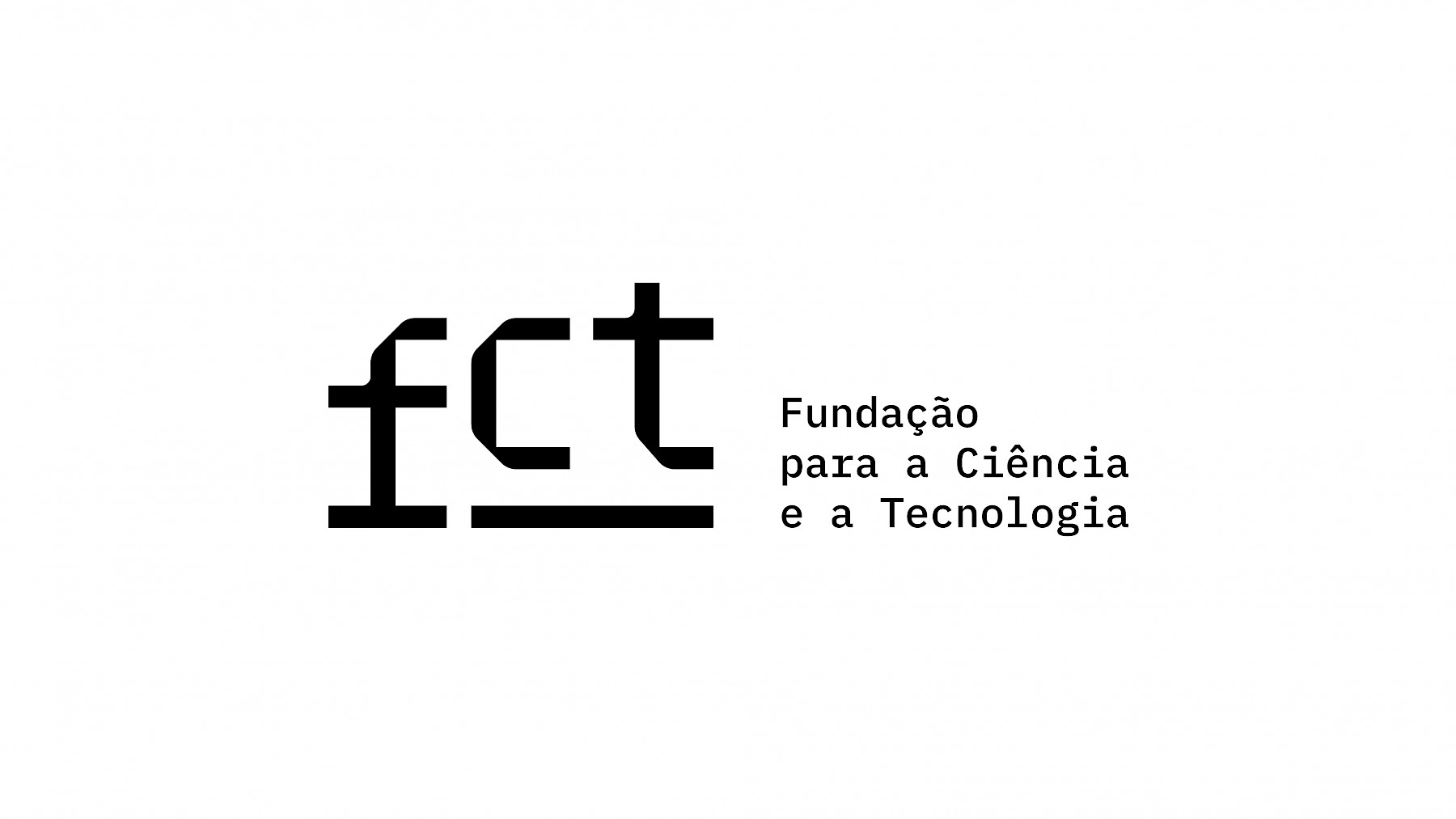Presentation
The Centre for Classical and Humanistic Studies (Centro de Estudos Clássicos e Humanísticos – or CECH, for short) is distinguished by a strong focus on Greek and Latin Philology (in the areas of language, literature and culture). The CECH’s structuring scientific profile in Philology is enriched by its interaction with research conducted in fields of knowledge that have contributed to humanistic education since their Ancient Greek origins: Literature, Philosophy, the Arts and History.
The Centre for Classical and Humanistic Studies (Centro de Estudos Clássicos e Humanísticos – or CECH, for short) is distinguished by a strong focus on Greek and Latin Philology (in the areas of language, literature and culture). The CECH’s structuring scientific profile in Philology is enriched by its interaction with research conducted in fields of knowledge that have contributed to humanistic education since their Ancient Greek origins: Literature, Philosophy, the Arts and History.
The CECH recognizes Classical Studies as a cultural heritage of humanity, as well as their significant role in shaping identities and alterities in European cultures (particularly in Portugal) and those that, through dialogue with the former, gained shape in other parts of the world. Due to the Centre’s reflection of the lasting influence of the classical matrix, another key scientific pillar of the CECH is comprised by the study of Classical and Portuguese Cultural Heritage.
A hub of research and development in the fields of Greco-Latin Studies and Medieval and Renaissance Lusophone Studies, the CECH adopts a firm strategy of internationalisation. The Centre has increasingly taken on a role of interlocutor, facilitating dialogue between the North and the South (through the triangulation of Europe, the United States and Latin America) in terms of research, advanced knowledge production and dissemination pertaining to the field of Classical and Humanistic Studies.
The CECH’s mission is guided by the following general objectives:
- producing and promoting top-tier research within the scientific domains of Classical and Humanistic Studies, spanning from Antiquity to the contemporary era;
- producing and promoting not only essential research but also the practical application of knowledge within civil society;
-
contributing to the strengthening and visibility of Portuguese culture and scientific endeavours by structuring research in adherence to rigorous international standards;
-
internationally promoting Lusophone academic productions;
-
establishing itself as a scientific hub, including in its team generations of distinguished national and international researchers in the field of Classical and Humanistic Studies;
-
democratising knowledge by providing a service of public dissemination, aimed at preserving a culture susceptible to elitism and potential erasure from collective memory due to the specificity of its material and immaterial realities;
-
performing community outreach activities to facilitate the dissemination of Classical and Humanistic Studies;
-
collaborating with educational bodies, starting with the University of Coimbra Faculty of Arts and Humanities, to offer opportunities for advanced study at master’s and doctoral levels, as well as other specialised and non-specialised courses in its designated areas of research;
-
aligning its research activities, particularly its general and secondary projects, with national, European, and global policies concerning Research, Development and Innovation, as well as the Strategic Scheme of its parent institution, the University of Coimbra.
FCT Funding
In the previous evaluation period (2015-2018), the CECH was evaluated by FCT – the Portuguese Foundation for Science and Technology – and classified with Very Good. For the four-year period of 2020-2023, it was granted Base Funding and Programmatic Funding, with the following references: UIDB/00196/2020 and UIDP/00196/2020.



